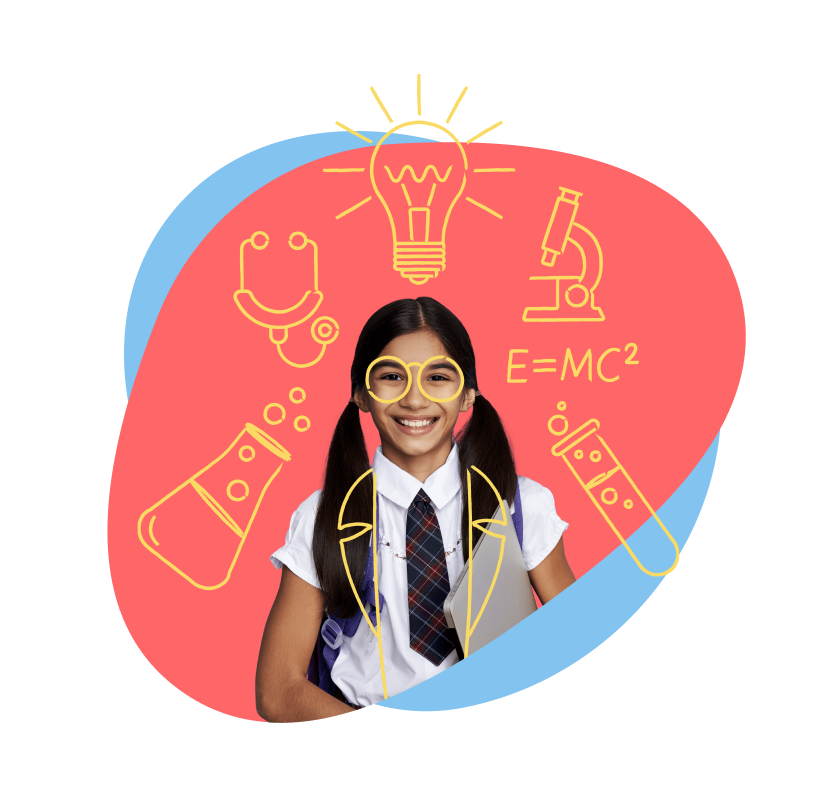Home » Tutoring Specialty Services » Learning Disabilities
Everyone learns differently. That’s why teaching should be geared toward a variety of abilities and learning styles.
Oxford Learning® tutors take the time to help students develop stronger learning skills, boost their confidence, and improve their understanding of the subject material.
Our Dynamic Assessment is a key part of your child’s learning journey with Oxford Learning. It gives us key insights into how your child learns and what teaching strategies will work best.
Using personalized programming and tailored teaching techniques, our tutors meet students at their level, helping them build stronger thinking and learning skills at a pace that matches each student’s needs.
Every student is capable of learning when we adapt how we teach to that student’s needs. That’s what tutoring at Oxford Learning is all about.
Our special education programming for students with learning disabilities is designed to adapt to your child’s unique needs and increase your child’s ability to focus, solve problems, follow instructions, and think critically.
Autism Spectrum Disorder influences those with autism. Depending on the severity of your student’s ASD, they may have difficulty with in-class communication and may not find normative academic settings enjoyable and/or suitable for learning.
Learn more about tutoring for students Autism
Attention-Deficit Hyperactivity Disorder (also known as Attention Deficit Disorder) varies tremendously from person to person. Depending on a variety of factors, ADHD may impact your child’s ability to focus, and it may also increase the likelihood that they are hyperactive and impulsive.
Read more about how tutoring can help students with ADHD
Central Auditory Processing Disorder (also known as APD) is a condition where a child’s brain and auditory system don’t fully align with one another. Students with this issue have trouble interpreting sounds and words– especially in settings with large amounts of distraction and noise
Read more about tutoring for students with CAPD.
A common type of learning disability, dyslexia impacts the way in which individuals read and write. Although it affects the way people process information, dyslexia can be coped with using different learning strategies and techniques.
Here’s how tutors can help students with Dyslexia.
Dyscalculia affects a person’s ability to make sense of numbers, math and the logic behind calculation. When it goes undiagnosed, many students are left confused and frustrated in math class. This can lead to low self-esteem and motivation.
Students with this learning disability have trouble writing by hand. More specifically, the speed, legibility, and/or consistency of their handwriting may be very different than that of their peers.
Learn more about how tutors can help students with dysgraphia
A condition that may impact students with any type of learning disability, students with this deficit may have trouble with printing, reading, holding pencils and cutting or gluing different objects
See how students with visual motor deficits can benefit from tutoring
When your child is diagnosed with a learning challenge, it can be easy to feel discouraged. But hope is available!
Personalized tutoring programs for students with learning challenges are a powerful tool in helping students develop confidence in their ability to reach their goals.
Please note that Oxford Learning cannot diagnose any learning difficulty or challenge. Only a licensed professional is able to provide a diagnosis. Oxford Learning’s assessment can only provide insights into your child’s learning strengths and weaknesses but never a diagnosis.
